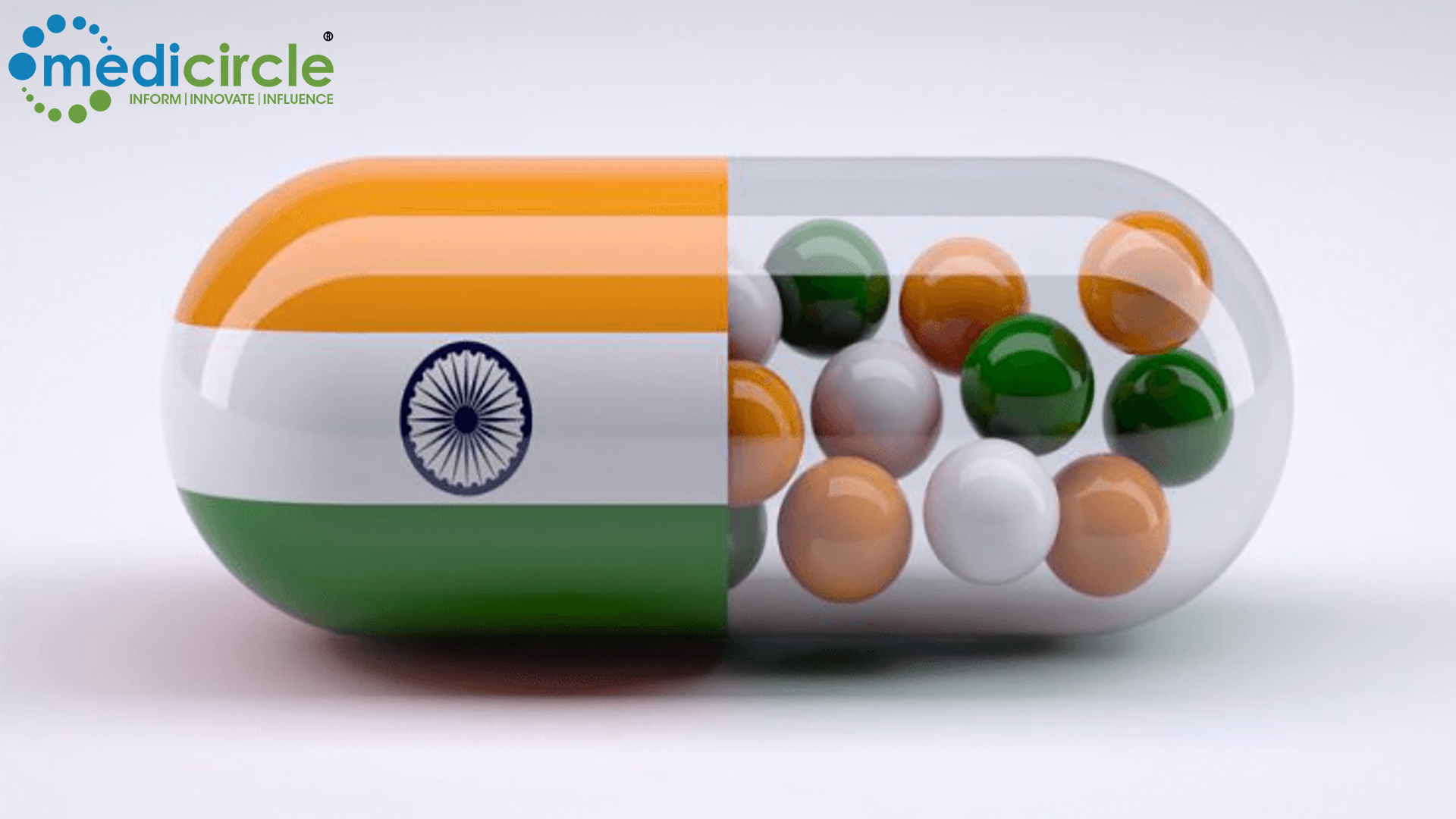India has long been hailed as the “pharmacy of the world” and the “vaccine workshop of the world,” supplying cost-effective medicines to millions globally. However, in recent years, India's position in the global biopharma sector has faced growing challenges compared to its Asian counterparts. According to leading healthcare analysts at Sanford Bernstein, India needs to recalibrate its strategy to become a powerhouse of innovation in the biopharma domain. In an open letter addressed to Prime Minister Narendra Modi, experts Nithya Balasubramanian and Parth Shah highlighted several areas where India is lagging behind its peers.
While India boasts a strong generic drugs and vaccines industry, providing affordable medicines to millions worldwide, it falls short in various aspects of innovation and manufacturing. One concerning aspect is India's low public health expenditure, accounting for only 3 percent of GDP and declining since 2014. On the other hand, countries like Brazil and Mexico allocate a higher budget to healthcare, indicating a need for increased investment in public health infrastructure.
Manufacturing capacity in biopharma is another area of concern. Chinese and Korean companies have made significant investments in biomanufacturing, outpacing India's efforts in this field. Moreover, China has emerged as a global biotech hub, with substantial investments and a strong talent pool driving innovation. South Korea is also catching up, with several biotech start-ups making their mark in global markets.
In terms of drug innovation, India faces significant challenges. Despite its potential, India does not feature prominently in the global healthcare innovation index or patent publications. Less than 2 percent of drugs under development are from India, indicating a lack of investment in innovative research and development. The economic viability of innovative drugs is a concern for pharmaceutical companies, given the limited pricing power in India's market.
To address these challenges, India must focus on creating a conducive environment for biopharma innovation. This includes investing in research talent, attracting skilled professionals back to India, and providing adequate funding for biotech start-ups. Regulatory standards for manufacturing and clinical trials need to be harmonized to streamline the innovation process. Additionally, schemes like Production Linked Incentives (PLI) should be extended to biomanufacturing to level the playing field with Asian peers.
Despite these challenges, India remains a key player in the global pharmaceutical industry. The country's domestic market is home to thousands of manufacturers, supplying affordable medicines to millions of patients worldwide. India has earned the title of the 'pharmacy of the world' and the 'vaccine workshop of the world,' highlighting its crucial role in healthcare provision. Moreover, Indian companies dominate the generic drugs market in the US, showcasing their significance in the global pharmaceutical landscape.
In conclusion, while India faces challenges in biopharma innovation, there are ample opportunities for growth and development. By investing in research, talent, and regulatory reforms, India can enhance its position as a leader in the global biopharma sector. With the right strategies and policies in place, India can unlock its full potential and contribute to healthcare innovation on a global scale.

 Despite its potential, India does not feature prominently in the global healthcare innovation index or patent publications.
Despite its potential, India does not feature prominently in the global healthcare innovation index or patent publications.










.jpeg)











.jpg)








